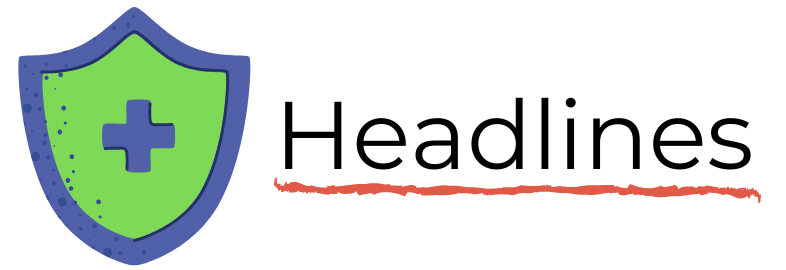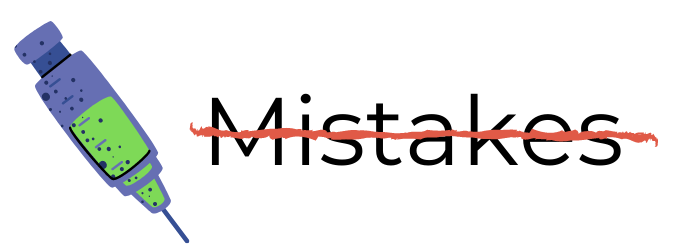COVID Transmissions for 8-16-2020
Greetings from an undisclosed location in my apartment.
It has been 274 days since the first documented human case of COVID-19.
Housekeeping note:
Headlines only today. I hope everyone had a nice weekend; welcome to Monday, I’m afraid.
Glossary terms are bolded words with links to the running newsletter glossary.
Keep the newsletter growing by sharing it! I love talking about science and explaining important concepts in human health, but I rely on all of you to grow the audience for this:
Now, let’s talk COVID.

New York quarantine law
When Governor Andrew Cuomo in New York issued a law requiring that travelers from certain states must quarantine upon arriving in New York, I thought it was the right move. And it is. However, predictably, not everyone is following this law as they should: https://www.nytimes.com/2020/08/16/nyregion/coronavirus-quarantine-nyc.html
CDC isolation guidance update confuses reporters
On Friday, the CDC changed its isolation guidance for recovered patients to indicate, essentially, that positive RT-PCR tests don’t mean much for three months after COVID-19 recovery, and that recovered people who test positive are not likely to spread the disease to others for at least this amount of time.
The press ran with this to suggest that the CDC believes that immunity to COVID-19 lasts for three months. There’s a lot wrong with this; immunity may last longer, for example, and recovery does not necessarily guarantee immunity. It was a misinterpretation on the part of the press to say anything about immunity, and to say anything about a time limit on immunity.
The isolation guidance should be interpreted to let recovered patients know when they can reenter the population, which is at minimum 10 days after symptom onset and at least 24 hours after last fever.
The CDC had to clarify because the press got this wrong, so I’m passing it along to all of you: https://www.cdc.gov/media/releases/2020/s0814-updated-isolation-guidance.html
Racial disparities in infections in the US
CIDRAP reports that Black people in the US are nearly 3 times as likely as white people to get COVID-19: https://www.cidrap.umn.edu/news-perspective/2020/08/us-blacks-3-times-more-likely-whites-get-covid-19
A lot of this is probably the result of social inequality within job opportunities, but we should be aware of serious inequities in the healthcare system as well. Studies have shown that white doctors are less likely to believe symptoms reported by Black patients, and less likely to provide aggressive treatments, than they would for white patients. These biases may be entirely unconscious, but betray an empathy gap that puts Black patients at a disadvantage. I don’t intend to expand upon this topic at length because COVID-19 is just one manifestation of that disparity, but I encourage anyone interested to explore this issue further.

What am I doing to cope with the pandemic? This:
Cooking
Our farm share this week contained a truly ridiculous amount of cabbage. I made a cole slaw with it, requiring 1 cup of mayo, 1 cup of shredded carrots, some sugar and vinegar, and 6 cups of cabbage. We seasoned it with Old Bay, because that’s the correct decision. This used 1/4 of the cabbage we have. Help.
The cole slaw was great, though.
Watching
The second episode of the new animated Star Trek series Lower Decks is out now, and while I’m enjoying the show I’m worried that it’s settling into a formulaic dynamic that I’d like to see a little more expansion around and riffing on. The premise of the show is that it deals with less-high-profile Starfleet officers serving on a relatively unimportant ship, building on a Star Trek: the Next Generation episode also called “Lower Decks” that concerned itself with early-career officers. Anyway it’s a fun show but I’m hoping it will branch out a little more in episode 3.

Join the conversation, and what you say will impact what I talk about in the next issue.
Also, let me know any other thoughts you might have about the newsletter. I’d like to make sure you’re getting what you want out of this.

This newsletter will contain mistakes. When you find them, tell me about them so that I can fix them. I would rather this newsletter be correct than protect my ego.
Though I can’t correct the emailed version after it has been sent, I do update the online post of the newsletter every time a mistake is brought to my attention.
No corrections since last issue.
See you all next time. Have a great week!
Always,
JS


